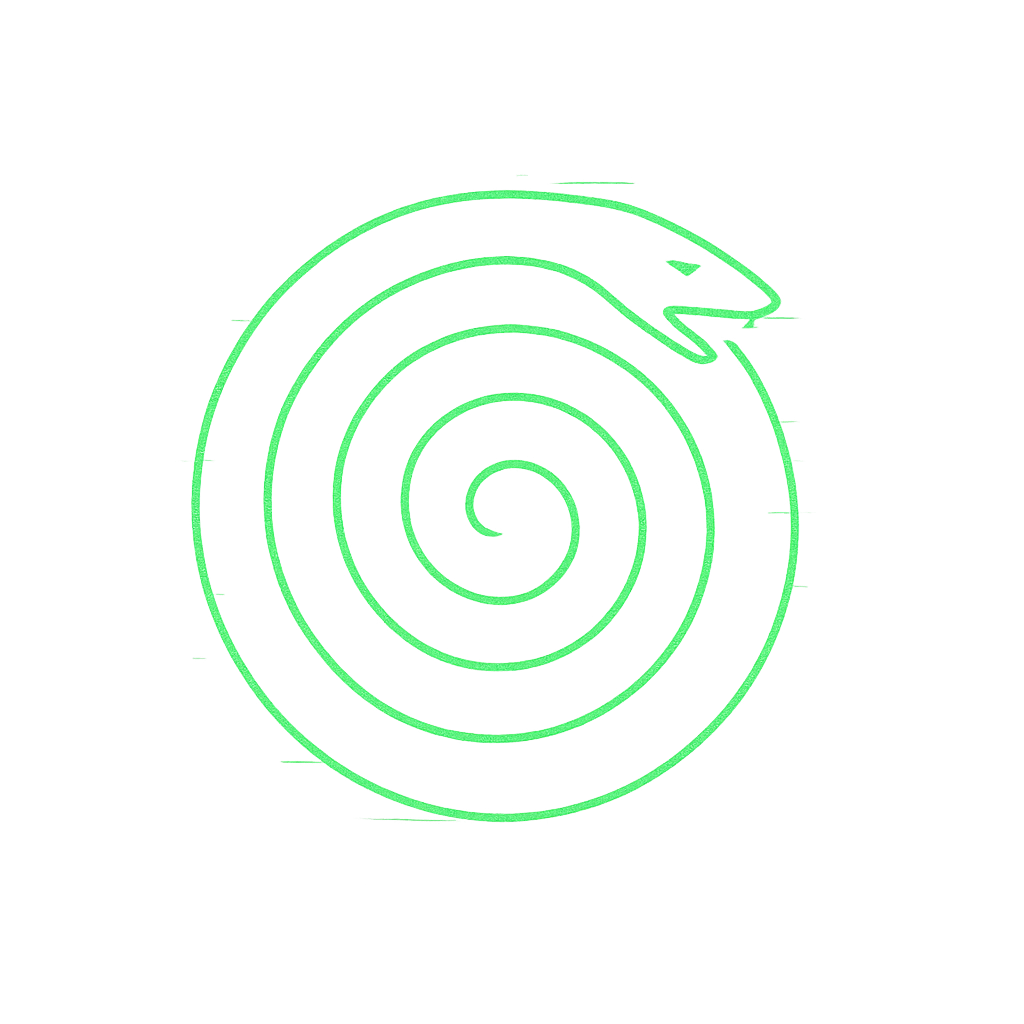weave
Weave is the crossing of threads into fabric.
It is not a single strand nor a simple knot, but the patterned interlacing of warp and weft, stretched across a field.
Weave is how continuity takes form as fabric — lattice held by tension, coherence carried across space.
Shape (What it is)
Section titled “Shape (What it is)”- Thread crossing: warp and weft interlacing.
- Lattice structure: pattern stabilised through repeated crossings.
- Field fabric: strands stretched into coherent medium.
Test: If strands remain loose or unjoined, it is not a weave.
Motion (How it moves)
Section titled “Motion (How it moves)”-
Cross → Bind → Stretch
- Cross: warp and weft meet in repeated pattern.
- Bind: tension holds crossings into stability.
- Stretch: woven fabric expands into field.
-
Tension curve: steady strengthening with each crossing.
-
Directionality: from strand to lattice, lattice to field.
Micro-Recursions
Section titled “Micro-Recursions”- Cloth weave: literal fabric made by warp and weft.
- Story weave: narratives crossed into shared coherence.
- Memory weave: threads of recall bound into fabric of identity.
Macro-Recursions
Section titled “Macro-Recursions”- Cultural weave: traditions, languages, and practices stitched into continuity.
- Ecological weave: networks of roots, rivers, or paths forming living fabric.
- Cosmic weave: spacetime woven of threads of matter and energy.
Ethics (What it refuses)
Section titled “Ethics (What it refuses)”- Fragmentation: leaving threads unjoined, incoherent.
- Overbinding: tightening lattice until fabric loses flow.
- Homogeneity: flattening difference instead of patterned crossing.
Rule: Weave requires tension and difference — fabric is made of crossing, not sameness.
Practices
Section titled “Practices”- Thread gathering: collect loose strands to bring into pattern.
- Crossing ritual: mark moments when threads meet.
- Field stretching: expand the weave into larger coherence.
- Unweaving: when fabric no longer serves, separate threads with care.
